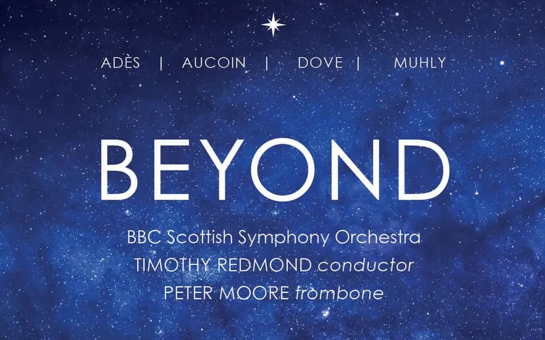- Matthew Aucoin
Heath (2023)
- Associated Music Publishers Inc (World)
Commissioned by the Metropolitan Opera
Commissioner exclusivity applies
- 2(II:pic)+pic.2+ca.2+bcl.2+cbn/4.4.2+btbn.1/timp.3perc/pf(cel).hp/str
- 11 min
Programme Note
Composer note
The heath, in Shakespeare’s King Lear, is the bare, windswept place, devoid of civilization and human comforts, where Lear, the Fool, and others end up after Lear’s eldest two daughters—to whom he has unwisely bequeathed his kingdom—have systematically stripped him of the last shreds of his authority. It is on the heath that Lear loses touch with reality, or at least with the world of unchecked privilege that he has inhabited for his whole life, and enters a state somewhere between madness and prophecy, a kind of lucid nightmare.
But the heath is more than a mere geological site; it is the psychological bedrock of the entire play. King Lear expresses a bottomlessly bleak vision of human nature, one in which laws, customs, and hierarchies—what we call “norms” in the contemporary world—are a flimsy safeguard against devouring animal appetites. When Lear lets his guard down for an instant and makes a major decision for sentimental reasons rather than according to the dictates of realpolitik, the wolves that surround him instantly show their fangs.
So, even though my orchestral piece does not directly enact the play’s heath scenes, Heath felt like the only possible title. This play’s inner landscape is a rocky, barren place, one in which every human luxury is ultimately burned away to reveal the hard stone underneath: “the thing itself,” as Lear puts it.
Heath is divided into four sections, played continuously with no break. The first and longest, “The Divided Kingdom,” embodies the atmosphere of the play’s first scenes: the uneasy sense of rituals failing to serve their purpose, of political life unraveling into chaos. The second section, “The Fool,” is full of darting, quicksilver music inspired by the Fool’s mockery of Lear. The brief third section, “I have no way...”, is inspired by the blinded Gloucester’s slow, sad progress across the landscape. And the final movement, “With a Dead March,” embodies the accumulated tragedies of the play’s final scenes.
–Matthew Aucoin
Media
Scores
Reviews
Discography
More Info

- World Premiere Recordings from Aucoin, Dove, and Muhly, featuring BBC Scottish Symphony
- 4th March 2025
- On March 7, Orchid Classics releases an album of world premiere recordings by Matthew Aucoin, Jonathan Dove, and Nico Muhly, featuring Tim Redmond conducting the BBC Scottish Symphony.

 Located in the UK
Located in the UK
 Located in the USA
Located in the USA
 Located in Europe
Located in Europe